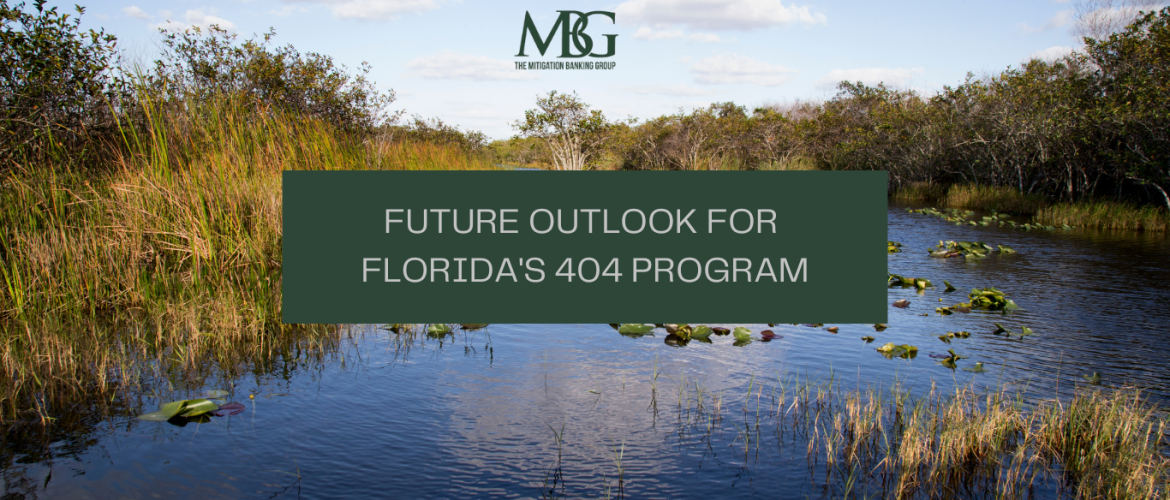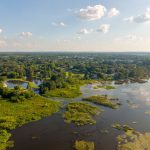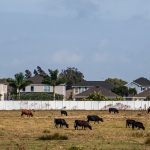Navigating Florida’s Regulatory Turmoil: Environmental Permitting Delays Threaten Key Projects
The regulatory landscape in Florida is shifting once again, causing confusion and uncertainty for key projects across the state. A sudden change in Section 404 permitting responsibilities is at the heart of this disruption, leaving many developers and stakeholders in limbo.
Back in 2020, the State of Florida took on the responsibility of implementing Section 404 of the Clean Water Act(CWA) from the U.S. Army Corps of Engineers (USACE). The move was intended to streamline the permitting process for Waters of the United States (WOTUS) and create a more localized approach. Stakeholders spent years preparing for the transition, attending workshops, and investing significant resources to adapt to the state’s new regulatory framework.
A Sudden Shift: Section 404 Permitting Returns to Federal Oversight
In an unexpected turn of events, a court ruling in 2024 reversed the state’s authority over Section 404 permitting, shifting the responsibility back to the USACE. This abrupt change has left thousands of projects—from Everglades Restoration to new schools, affordable housing, fire stations, roads, bridges, and commercial developments—facing unprecedented delays.
The implications are serious: many businesses that were deep into the permitting process with the Florida Department of Environmental Protection (FDEP) must now start over with the USACE. The additional time and financial investment required to comply with federal regulations are creating significant disruptions, threatening project timelines and budgets.
Impacts on Florida’s Economic Development
For many businesses, including mine, this regulatory upheaval is more than just an inconvenience—it’s a direct threat to economic stability and growth. Projects that were set to move forward are now stuck in a cycle of uncertainty, unable to proceed without the necessary approvals. This affects not only the wetland mitigation industry but also the broader economic development initiatives in Florida.
Why This Matters: A Balancing Act Between Growth and Conservation
Florida’s environmental permitting system has always been a delicate dance between fostering economic development and safeguarding our natural resources. When regulatory frameworks change unexpectedly, it disrupts this balance, putting both environmental and business interests at risk.
Now, with the sudden shift in oversight, the future of Florida’s environmental permitting and the economic opportunities tied to it remain uncertain. Delays in permitting mean delays in selling mitigation credits, stalling conservation efforts and impacting small businesses that depend on these transactions.
Looking Forward: A Need for Collaboration and Stability
As stakeholders work to navigate this regulatory turmoil, one thing is clear: collaboration between state and federal agencies is essential to resolving the crisis. The State of Florida’s 404 Program was established to maintain environmental integrity while supporting sustainable development. Although the recent setback has hindered this mission, it underscores the importance of clear communication and consistency in environmental regulation.
Despite the disruption, we must remain focused on the ultimate goal—preserving Florida’s natural resources for future generations while enabling responsible growth and prosperity. By working together, we can overcome these challenges and ensure that Florida continues to thrive as a place of both economic opportunity and environmental stewardship.






